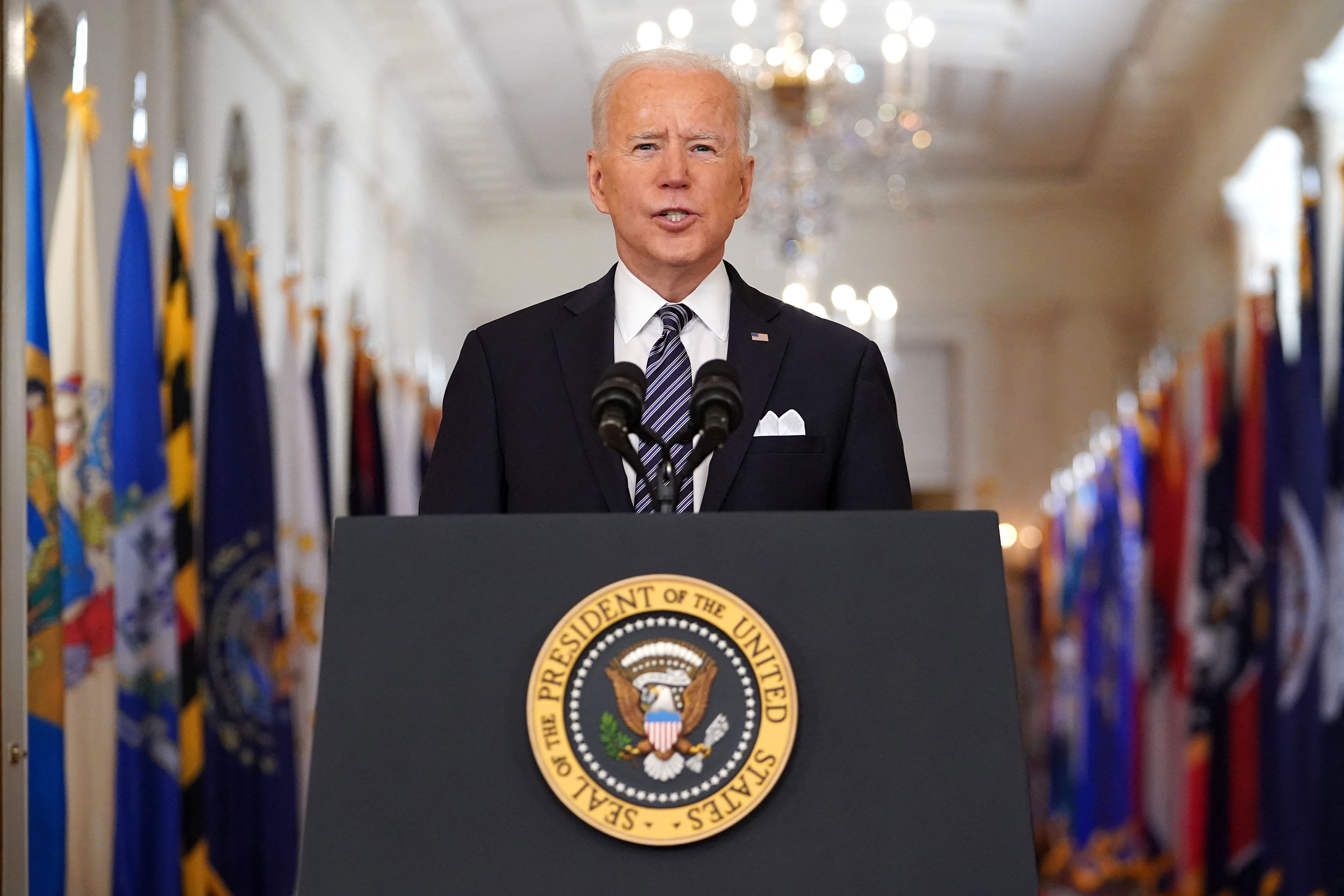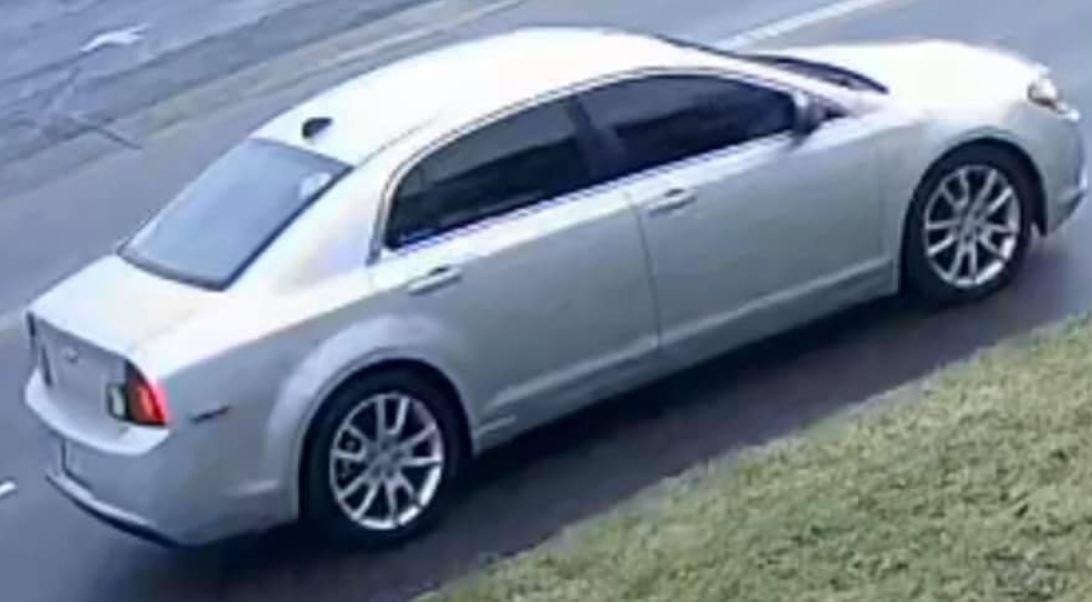Almost all Americans these days have one of two questions about the COVID-19 vaccine: Is the vaccine safe and should I get it? Or: When and how can I get the coronavirus vaccine?
Getting an appointment for a dose may feel like a competition these days, even as more than 1 million doses are being administered in the United States each day.
Still, there are still rules in place governing who is eligible for the vaccine, and the Johnson & Johnson one-shot dose has been said to help speed up the process for everyone, particularly those in education who can get schools reopened.
Meanwhile, problems with the AstraZeneca vaccine has added, not eased, the confusion for those searching for a first dose.
Get Philly local news, weather forecasts, sports and entertainment stories to your inbox. Sign up for NBC Philadelphia newsletters.
Most places, like Philadelphia, Pennsylvania and New Jersey, are still technically in Phase 1a or 1b. But there is an expanded availability within those initial phases to include teachers for the J&J shot. The hope is to open schools sooner.
Here are answers to some of the questions you are asking if you or one of your loved ones are searching for the easiest way to "get in line."
Does the AstraZeneca Vaccine Cause Blood Clots? Is it Available and Safe?
Medical concerns over blood clots related to the AstraZeneca vaccine have been raised in Europe, but many health experts say the vaccine is safe and should be used. However, it remains unauthorized in the United States.
That could change in the next few weeks as the Delaware-based pharmaceutical company released findings that its doses are 79% effective against getting the coronavirus and nearly 100% effective against serious illness.
Still, there is no timetable for its emergency authorization by the U.S. Food and Drug Administration.
Where Can I Get the Johnson & Johnson Vaccine?
The J&J one-shot dose has become the talk of the week because people are trying to weigh its lower efficacy rate versus its more immediate effects. One myth to bust: Even though the J&J vaccine doesn't have as high a rate of preventing someone from contracting COVID-19, it has a nearly 100% chance of preventing serious or fatal illness from the coronavirus.
It is, however, unavailable to most people in the greater Philadelphia area for at least the next two or three weeks, as governors in both Pennsylvania and New Jersey have ordered that teachers and other school staff be first in line for the single-shot dose.
Why Are Teachers First to Get the Johnson & Johnson Vaccine?
The hope is that teachers and other school workers will be able to return to their jobs in person sooner by using the J&J shot instead of waiting for two doses, as required by the Pfizer and Moderna vaccines.
Gov. Tom Wolf said this week he hopes that expedited distribution of the J&J shot to teachers and other education-related workers will start this week and continue in a way that allows public and private schools in Pennsylvania to reopen "by the end of March."
How Do I Sign Up for the Vaccine? When Can I Get the COVID Vaccine if I'm Not Eligible Yet?
State governments have set up online websites where citizens can sign up for the coronavirus vaccine. If you are not yet eligible, you will be put in a queue. Here are links to the lists, depending on where you live:
In Philadelphia, where a federally-run mass vaccination site exists at the Pennsylvania Convention Center in Center City, officials said March 30 that it will remain open through the end of April. FEMA said it will honor the city’s request to extend the site for four weeks.
What's the Difference Between Phase 1a, 1b, and 1c? When Will Phase 2 Get the Vaccine?
Pennsylvania is still in Phase 1a of the vaccine rollout, but the state has been criticized for its slow distribution. New Jersey is also still in Phase 1a. Both states, however, altered their rollout plans to allow teachers and other educational staff to get the Johnson & Johnson doses allocated to both states this month.
Here is how the phases are listed in Pennsylvania, with similar lists in New Jersey and Delaware:
Phase 1a
- Long-term care facility residents
- Health care personnel including, but not limited to:
- Emergency medical service personnel
- Nurses
- Nursing assistants
- Physicians
- Dentists
- Dental hygienists
- Chiropractors
- Therapists
- Phlebotomists
- Pharmacists
- Technicians
- Pharmacy technicians
- Health professions students and trainees
- Direct support professionals
- Clinical personnel in school settings or correctional facilities
- Contractual HCP not directly employed by the health care facility
- Persons not directly involved in patient care but potentially exposed to infectious material that can transmit disease among or from health care personnel and patients
- Persons ages 65 and older
- Persons ages 16-64 with high-risk conditions:
- Cancer
- Chronic kidney disease
- COPD
- Down Syndrome
- Heart conditions, such as heart failure, coronary artery disease, or cardiomyopathies
- Immunocompromised state (weakened immune system) from solid organ transplant or from blood or bone marrow transplant, immune deficiencies, HIV, use of corticosteroids, or use of other immune weakening medicines
- Obesity (body mass index [BMI] of 30 kg/m2 or higher but < 40 kg/m2)
- Severe Obesity (BMI ≥ 40 kg/m2)
- Pregnancy
- Sickle cell disease
- Smoking
- Type 2 diabetes mellitus
Phase 1b
- People in congregate settings not otherwise specified as long-term care facilities, and persons receiving home and community-based services
- First responders
- Correctional officers and other workers serving people in congregate care settings not included in Phase 1A
- Food and agricultural workers
- U.S. Postal Service workers
- Manufacturing workers
- Grocery store workers
- Education workers
- Clergy and other essential support for houses of worship
- Public transit workers
- Individuals caring for children or adults in early childhood and adult day programs
Phase 1c
- Essential workers in these sectors:
- Transportation and logistics
- Water and wastewater
- Food service
- Housing construction
- Finance, including bank tellers
- Information technology
- Communications
- Energy, including nuclear reactors
- Legal services
- Federal, state, county and local government workers, including county election workers, elected officials and members of the judiciary and their staff
- Media
- Public safety
- Public health workers
Phase 2
All individuals not previously covered who are 16 and older and do not have a contraindication to the vaccine (Note: Only the Pfizer-BioNTech product is approved for those ages 16 and 17.)
President Joe Biden said this week that the distribution of vaccines from the federal government to states and counties has increased to a point where he expects every American will have access to the vaccine by the end of May. The United States is now averaging 2 million vaccinations per day.
Do Rite Aid or CVS Have the COVID Vaccine?
Thousands of pharmacies, including CVS and Rite Aid locations, across the country are participating in the Federal Retail Pharmacy Program to increase the availability and distribution of the COVID vaccine to every state and U.S. territory. Here is a link to the CDC's webpage where more information about which pharmacies in your neighborhood are participating.
Do I Need to Wear a Face Mask in Public? Do I Need to Wear a Mask with Family?
The CDC guidelines still recommend that all Americans wear face masks and continue social distancing practices for now. However, some states like Texas recently ended their face mask requirement or recommendation for those in public. States have had the power to mandate mask-wearing rules throughout the pandemic.
In Pennsylvania, Delaware and New Jersey, face masks are still either required or strongly encouraged in public.



